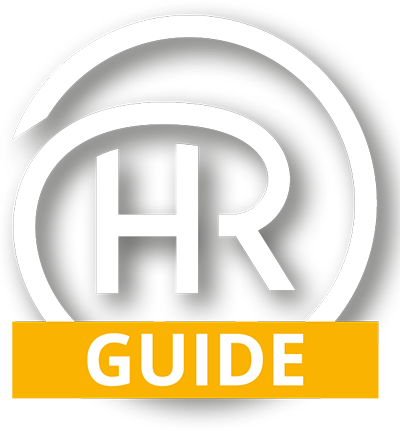Managing Grievance – A Step by Step Guide
Written by Andrew Johnson, Founder and CEO HRGuide - Wed 23rd Oct 2024
Responding to a Grievance
When an employee puts their complaint or grievance in writing to their Supervisor/Manager. You must respond to their grievance in writing, inviting them to attend a grievance meeting. In the letter you must explain who the meeting will be chaired by and that they will be given the opportunity to explain their grievance.
Also, explain they have the statutory right to be accompanied at the grievance meeting. Their companion may be either a work colleague or a trade union official of their choice. Explain that their companion will be permitted to address the meeting and to confer with you during the meeting but they will not be permitted to answer any questions on their behalf. Explain that they should inform the chair of the grievance meeting in advance of the identity of their chosen companion.
At the Grievance Meeting
All line managers should be trained and supported so that they are able to carry out grievance meetings with their team. The key points to consider when holding a grievance meeting are:
- Ensure you have investigated all the facts in advance (including consulting the individual’s personal file for relevant information) and plan how you will approach the meeting.
- Make sure the employee knows from the letter inviting them to the meeting why they have been asked to attend and that they have a right to have a companion present.
- Make sure the individual has reasonable notice, ideally more than 48 hours, so that they have a chance to arrange an appropriate representative if they wish.
- Make sure another member of management can be there to take detailed notes and help conduct the interview.
- Never pre-judge the outcome of the interview before hearing the employee’s perspective.
- Start the interview by stating the grievance the employee has raised.
- Give the employee ample opportunity to put forward their side of the story and call any supporting witnesses.
- You can also call witnesses, but they can only be in the room for the relevant part of the interview - not the duration.
- Make use of adjournments: always take a break to consider and obtain any extra information you need before reaching your decision. You can also use adjournments if things become heated or people are upset during the interview.
- Deliver the decision (and give reasons, taking into account any mitigating circumstances), confirm review periods and ensure you give details of how to appeal.
- Confirm the decision in writing of the outcome.
Outcomes could include:
- Rejected - This means the grievance is not accepted as valid by the Company.
- Upheld - This means the grievance is accepted as valid by the Company and therefore the Company will action next steps in response to this decision.
- upheld in part - This means only part of the grievance is accepted as valid by the Company.
It's important to have a reliable Grievance Policy and Procedure outlined in your employment handbook. This ensures everyone is aware of how an employees’ grievance should be managed and dealt with.
Download our more detailed step by step HR How to Guide for more detail on managing employee grievances by subscribing to https://www.hrguide.co.uk/subscribe.php
If our step-by-step HR How to Guide doesn’t give you the support you need, simply call us on our HR Helpline for expert advice.

